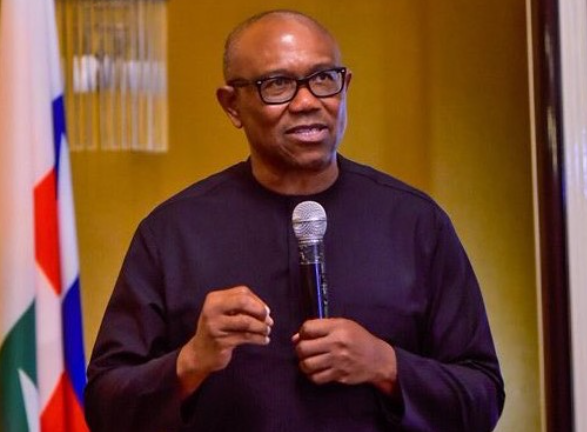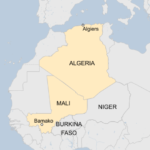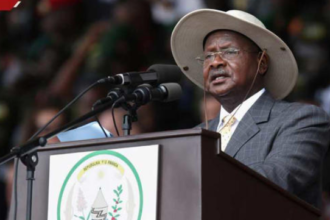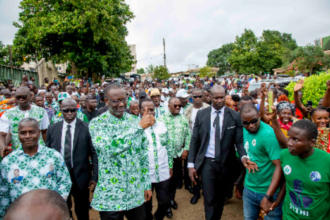By Abu Hassan
LAGOS, Nigeria – As Nigeria gears up for the next round of elections in February 2027, a palpable sense of urgency and a growing desire for change are sweeping across the nation. Fueling this sentiment is a surge in support for Peter Obi, the former Governor of Anambra State, whose leadership vision is resonating with a growing number of Nigerians disillusioned with the status quo.
From bustling urban centers to rural communities, voices are increasingly joining the chorus calling for a new direction in governance. Frustration with persistent issues such as widespread insecurity, crippling corruption, economic hardship, and a lack of opportunities, particularly for young people, are driving this desire for transformative change.
“We are tired of the same old promises and the same old faces,” declared Aisha Mohammed, a recent graduate in Lagos struggling to find employment. “Peter Obi offers a different perspective, a focus on competence, accountability, and genuine development. He speaks to our concerns.”
Obi’s message, often emphasizing fiscal responsibility, investment in education and healthcare, and a commitment to tackling corruption head-on, is gaining traction among diverse segments of the population. His supporters, often identifying as the “Obidients,” are actively mobilizing online and offline, organizing rallies, engaging in community outreach, and leveraging social media to spread his message and encourage voter registration.
Several factors contribute to Obi’s burgeoning support. Firstly, his track record as Governor of Anambra State, where he is credited with significant improvements in education, healthcare, and infrastructure development, lends credibility to his pledges. He is perceived by many as a leader with a proven ability to deliver results.

Secondly, Obi’s emphasis on ethical leadership and responsible governance resonates with a population weary of corruption and mismanagement. His vocal criticism of wasteful spending and his commitment to transparency have earned him a reputation as a leader who prioritizes the interests of the people.
“He’s not just talking, he’s walking the talk,” said Chinedu Okeke, a small business owner in Aba. “He’s shown us in Anambra that he can manage resources effectively and create a better environment for businesses to thrive.”
However, challenges remain. Nigeria’s political landscape is complex and deeply entrenched, with established political parties wielding considerable influence. Critics question Obi’s ability to navigate these challenges and effectively implement his vision on a national scale.
Despite these challenges, the momentum behind Peter Obi’s movement is undeniable. Whether this wave of support will translate into electoral success remains to be seen, but it undoubtedly signifies a growing demand for a new kind of leadership and a renewed hope for a better future for Nigeria. The coming months will be crucial in determining whether this yearning for change will be fulfilled, and if Peter Obi can successfully harness this momentum to usher in a new era for the nation.









